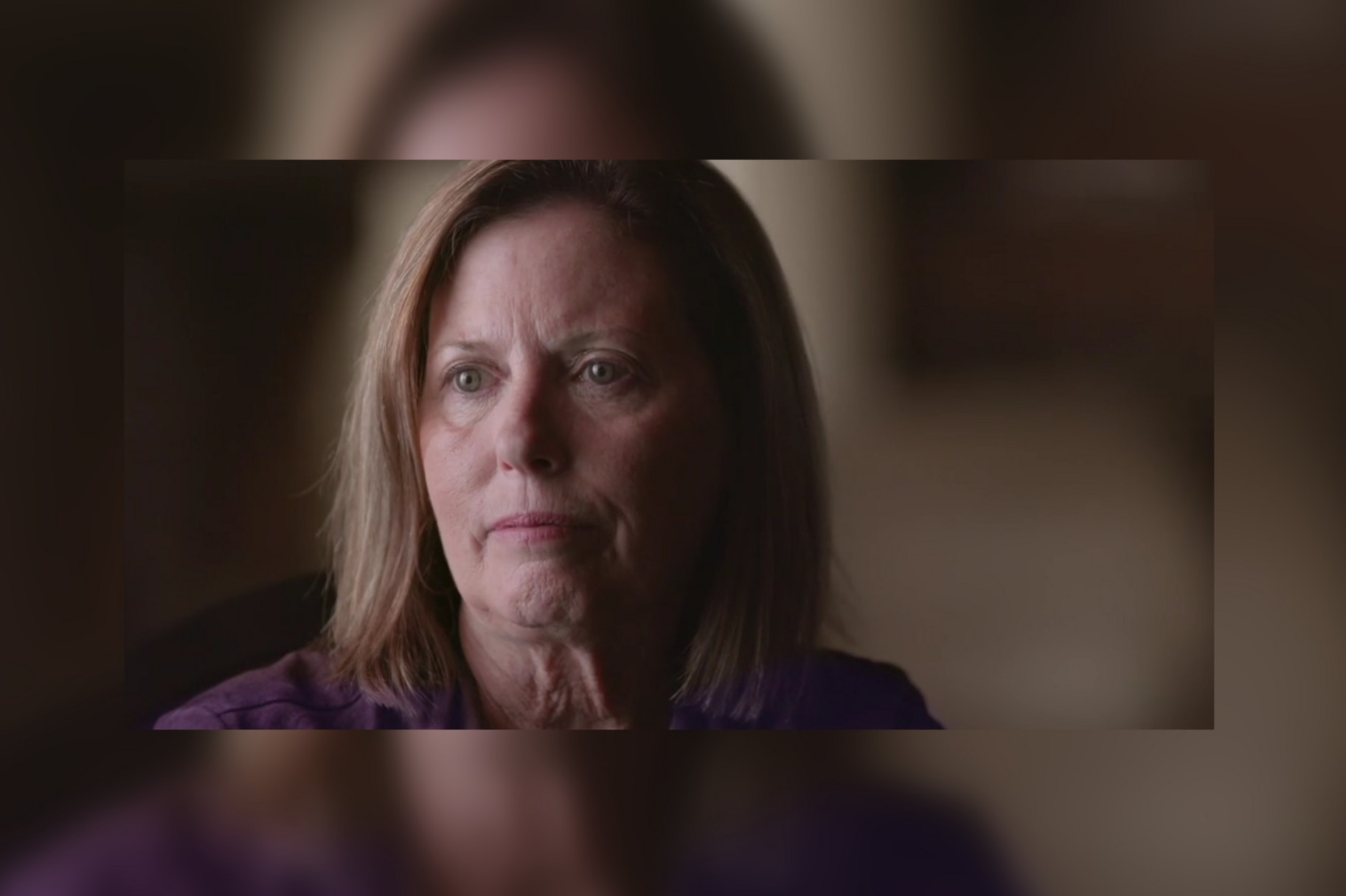Create a free profile to get unlimited access to exclusive videos, breaking news, sweepstakes, and more!
Where Did Michelle McNamara's Book Title 'I'll Be Gone In The Dark' Come From?
Cold case investigator Paul Holes told Oxygen.com that the Golden State Killer was fond of faux-poetic statements he considered to be clever.

The phrase “I’ll be gone in the dark” — the namesake for both Michelle McNamara’s book and a new HBO docuseries which chronicles her life's work — sounds creepy, and rightly so, as it’s a phrase that was often uttered by the Golden State Killer during his vicious rampage across California.
McNamara has been credited for casting light on the serial killer’s many, many crimes. She became obsessed with the then-largely unknown case in 2011 — going on to write a longform article about the case in 2013 and her famed book published in 2018.
The Golden State Killer — now identified as former police officer Joseph DeAngelo — was captured two months after the book was published and following McNamara's tragic death in 2016.
DeAngelo has since pleaded guilty to 13 murders and 13 rape-related charges stemming from nearly 50 sexual assaults. He has also admitted to 62 offenses that he can no longer be charged for due to the statute of limitations.
While just the list of his crimes is heinous enough, it’s the details of the killer's attacks that really disturbed both McNamara and the general public. The Golden State Killer was known for breaking into homes when teenage girls were alone so he could rape them. He would also target sleeping couples, putting dishes on the backs of the men while he raped the women, telling them that if any dishes broke, he’d kill them both.
During these attacks, he routinely threatened and taunted his victims, often with strange and obscure remarks.
One such phrase — “I’ll be gone in the dark” — stood out to McNamara.
In an open letter to the killer, she warned him that his days of freedom were up because she was coming after him. McNamara ends the book with this note:
“‘You’ll be silent forever, and I’ll be gone in the dark,’ you threatened a victim once.
Open the door. Show us your face.
Walk into the light.”
But where does this phrase come from?
DeAngelo said the phrase "I'll be gone in the dark" and variations on it to two women he victimized back to back. He said the phrase to victim 9 and victim 10 in 1976, when his crimes were attributed to the East Area Rapist — one of the killer's several monikers.
Paul Holes, the retired cold case detective who helped crack the Golden State Killer case, told Oxygen.com that DeAngelo first uttered that phrase to a young sexual assault survivor — whose name has not been revealed to the public — on November 10, 1976. DeAngelo broke into her house when she was home alone and made "in the dark" references twice.
In addition to the statement McNamara quoted in the open letter that ended her book, Holes noted the killer also told the girl, "make one move and you’ll be silent forever and I'll be off in the dark.”
Just a few weeks later on December 18, 1976, DeAngelo assaulted Kris Pedretti, then 15, who talked about her encounter with the Golden State Killer in the HBO docuseries "I'll Be Gone in the Dark." Pedretti was alone in her family’s house, playing the piano when the killer broke into the home and put a knife to her throat.
The Golden State Killer then told her, “get moving, if you say anything or flinch, I’ll push the knife all the way in and I will be gone in the dark of the night,” according to a police report provided to Oxygen.com by Pedretti. In a second police report, written days later, investigators noted that Pedretti said that the assailant told her "he would BE GONE IN the DARK OF THE NIGHT several times.”
DeAngelo often made these "weird" and "goofy statements" because he likely thought they were clever things to say during his attacks, Holes told Oxygen.com.
"In one case, he says something to the effect of 'I'll slip away into the fog,' so he’s trying to do something that sounds poetic," Holes said. "Quite frankly, I think he's getting it out of 'True Detective' magazine from back in the day."
While DeAngelo made numerous vague and threatening comments to his victims, Holes noted that this particular phrase "really stood out" in the recounting of the serial murderer's attacks.
San Francisco’s Datebook theorized that McNamara likely adopted it as a title for her book because “it evokes both the four-decade-long effort to identify the prolific serial rapist and murderer as well as McNamara’s own fate, as she was consumed with cracking the case.”


























